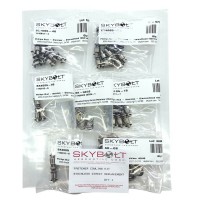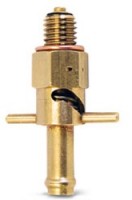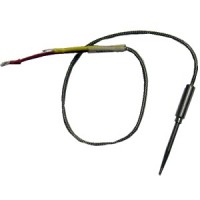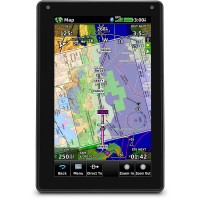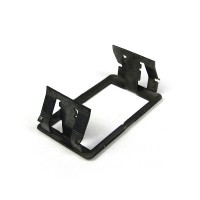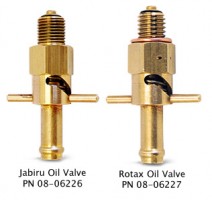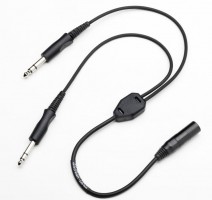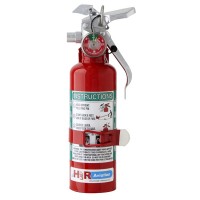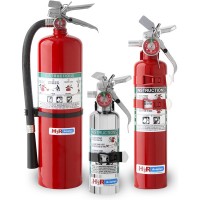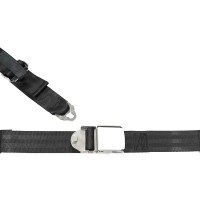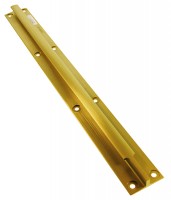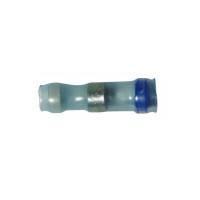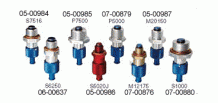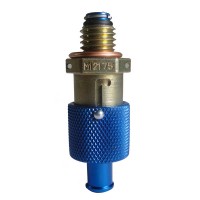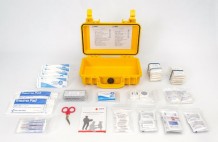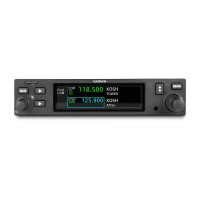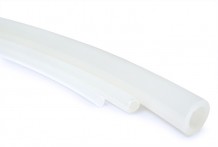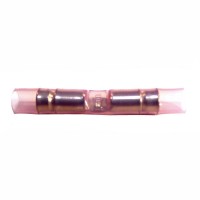SAME DAY SHIPPING ON ORDERS PLACED BY 4 PM | 877-4-SPRUCE
F-14A Tomcat Vf-84 Jolly Rogers Model
$288.95/Each
Part# 13-10669
MFR Model# C17848
MFR Model# C17848
Overview
|
The F-14A TOMCAT defined air superiority launched from Navy aircraft carriers. Entering service in 1972, the F-14 Tomcat is a supersonic, variable sweep wing fighter designed to attack and destroy enemy aircraft at night and in all weather conditions. With its advanced weapons control system and array of missiles, rockets and bombs the F-14A TOMCAT can simultaneously track up to 24 targets. With a maximum speed of 1,544 miles per hour, the F-14A TOMCAT has taken its place as one of the most powerful and lethal fighters in Navy history. The F-14A TOMCAT was officially retired in September of 2006. The F-14A TOMCAT is a twin seat, twin engine interceptor. It is also capable of air-to-air, air-to-ground and reconnaissance roles. Two Pratt & Whitney TF30 engines are mounted in the intake trunks. Primary weapon system is the AWG-9, for radar control, calculates intercept, sets priorities and monitors other subsystems. Physical firing of missiles is done by the AWG-15 computer, thus, to eliminate the chance of short circuits detonating ordinance. Weapons carried include the AIM-9 Sidewinder, AIM-7 Sparrow, AIM-54 Phoenix, M61A1 20mm vulcan cannon, Mk80 series bombs, training bombs, Mk20 cluster bombs, sea mines and Laser Guided Bombs (LGBs). |
WARNING: Cancer and Reproductive Harm - www.P65Warnings.ca.gov. |
Q&A
Please note, Aircraft Spruce's personnel are not certified aircraft mechanics and can only provide general support and ideas, which should not be relied upon or implemented in lieu of consulting an A&P or other qualified technician. Aircraft Spruce assumes no responsibility or liability for any issue or problem which may arise from any repair, modification or other work done from this knowledge base. Any product eligibility information provided here is based on general application guides and we recommend always referring to your specific aircraft parts manual, the parts manufacturer or consulting with a qualified mechanic.


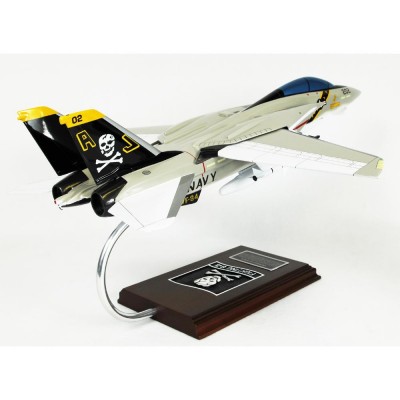





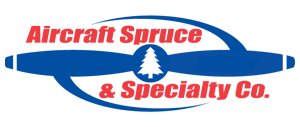 FREE Shipping
FREE Shipping
